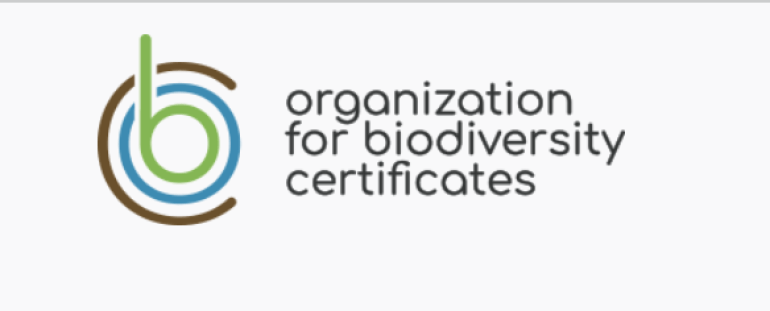

11.04.2025
Two years after joining the Organization for Biodiversity Certificates (OBC) - as we announced in this news item from 2022 - ATIBT is taking another decisive step by taking the lead of the “tropical forests” working group, through its carbon and biodiversity commission coordinated by TEREA.

The group's mission is to define a grid of practices with positive impacts for biodiversity “with gains” in tropical forest ecosystems. A structuring step in the construction of the future biodiversity certificate market.
A rigorous and collaborative methodology to promote good practices
As explained in the article published on April 3, 2025, by Carbon Pulse (read the article), the OBC is pursuing its ambition to build a global standard for actions favorable to biodiversity. After finalizing two of the best practice grids for temperate zones, the association is now focusing on tropical ecosystems, with a clear objective: to identify concrete, recognized and auditable actions that can be implemented by forestry operators, NGOs or local authorities and that generate real gains for biodiversity.
The tropical working group, led by ATIBT and TEREA, brings together key players in the sector, such as Planète Urgence, Noé, Reforest'Action and EcoAct. Once finalized, the grid will be submitted to a scientific consortium specializing in tropical forests to reach a consensus on the net gains in biodiversity associated with the practices.
A logical continuation of ATIBT's commitment to biodiversity certificates
Since 2023, ATIBT has been fully involved in the work of the OBC through its Carbon and Biodiversity Commission, sitting on the association's Board and thematic groups, particularly the one on tropical forests. This commitment is based on a strong conviction: the tropical forest-wood sector has a fundamental role to play in the preservation of biodiversity, and it must be fully integrated into the certification systems currently being developed.
Unlike offsetting, which is often criticized, the OBC system is based on a logic of contribution: the certificates are not intended to compensate for losses, but to promote concrete actions that strengthen the capacity of an ecosystem to host and support biodiversity. This distinction is essential to guarantee the integrity of the projects and avoid any risk of greenwashing.
A pilot project in preparation to anchor these practices in the territories
ATIBT is also in the process of proposing to several donors a structuring project for the coming years. This project will aim to support the development of the OBC methodology adapted to tropical forests and to test its implementation through a pilot project, probably located in Gabon. This pilot will serve as proof of concept, in conjunction with actors in the field, technical services and national authorities.
This project is part of a global dynamic: in view of the annual funding shortfall estimated at USD 700 billion to achieve the biodiversity conservation objectives by 2030 (source: Paulson Institute, 2020), it is essential to mobilize more private resources. Biodiversity certificates represent a promising lever, provided they are credible, rooted in the reality of ecosystems and supported by trusted actors.
A strategic initiative for the tropical forest and timber sector
By taking the lead of this working group, ATIBT confirms its willingness to be a force for proposing the structuring of voluntary biodiversity markets adapted to the realities on the ground. Our role is not only to represent the sector, but also to ensure that the systems under development are robust, equitable and applicable in the context of the concessions in the Congo Basin.
We invite ATIBT members interested in this dynamic to join the work of the Carbon and Biodiversity Commission or to contact us to explore avenues for collaboration.
For more information, contact: Caroline Duhesme
Read also: Our 2022 article on joining the OBC